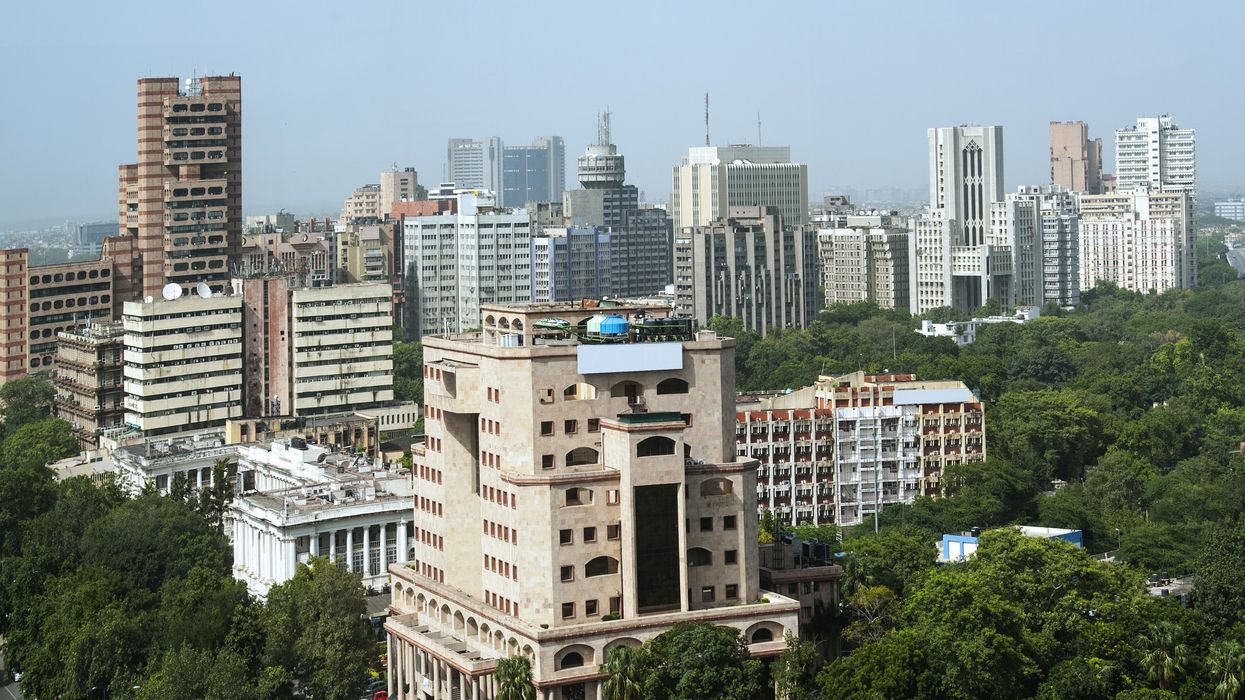- Delhi removed the requirement for police to issue hotel licenses.
- Licensing powers shift to local bodies, including MCD, NDMC and Delhi Cantonment Board.
- HAI said the move will support tourism and strengthen Delhi’s role as a hospitality hub.
INDIA’S DELHI RECENTLY removed the requirement for police to issue licenses for business activities, including hotels, motels, guest houses, and restaurants. The Hotel Association of India welcomed the move as a step aligned with the views of the High Court and Supreme Court.
Delhi Lieutenant Governor V.K. Saxena relieved the police of responsibility for issuing such licenses, according to an official order cited by PTI. Delhi, officially the National Capital Territory of Delhi, is a union territory that includes New Delhi, the capital of India.
Businesses no longer need a certificate from police to operate. Licensing powers will now rest with local bodies, including the Municipal Corporation of Delhi, New Delhi Municipal Council and Delhi Cantonment Board.
“We want to make Delhi not only the political capital of India but also a model of good governance,” said Rekha Gupta, chief minister of Delhi. “That is the mission of our double-engine government.”
Many in the hospitality industry have welcomed the move as a step toward simplifying business processes and promoting ease of doing business in the capital.
This reform aligns with national efforts to simplify regulations and improve ease of doing business in the hospitality sector, boosting economic activity in the capital, the Hotel Association of India said in a statement. It simplifies processes and encourages investment.
The association said the Delhi government’s move will support tourism growth and strengthen the city’s position as a hospitality hub.
“This is a landmark moment for Delhi’s hospitality industry,” said K.B. Kachru, HAI’s president and chairman of South Asia for Radisson Hotel Group. “The streamlining of licensing norms will not only reduce compliance burden and transaction costs but also foster greater transparency and accountability. We believe this decision will significantly contribute to Delhi’s growth as a competitive and investment-friendly hospitality hub.”
Rohit Khosla, HAI’s vice president and IHCL’s executive vice president of operations, said the reform will help the hospitality industry operate with greater agility and focus on guest experience.
“By fostering a more collaborative governance framework, Delhi has taken a progressive step toward aligning with global standards of ease of doing business,” he said. “This initiative will catalyse growth, boost investor confidence, and support job creation across the tourism and service economy.”
HAI views this reform as a step toward increased investment, innovation, and formalisation in the hospitality sector, setting an example for other states to adopt similar regulations to boost tourism. The association’s members remain committed to supporting implementation while maintaining standards of safety, service, and compliance.
Separately, the Punjab state cabinet approved amendments to the conversion policy, allowing industrial plots to be used for hotels, hospitals, and industrial parks at a conversion charge of 12.5 percent of the industrial reserve price.
JLL India recently reported that India’s hospitality industry is expected to attract $1 billion in investments by 2028, up from $340 million in hotel transactions in 2024.






